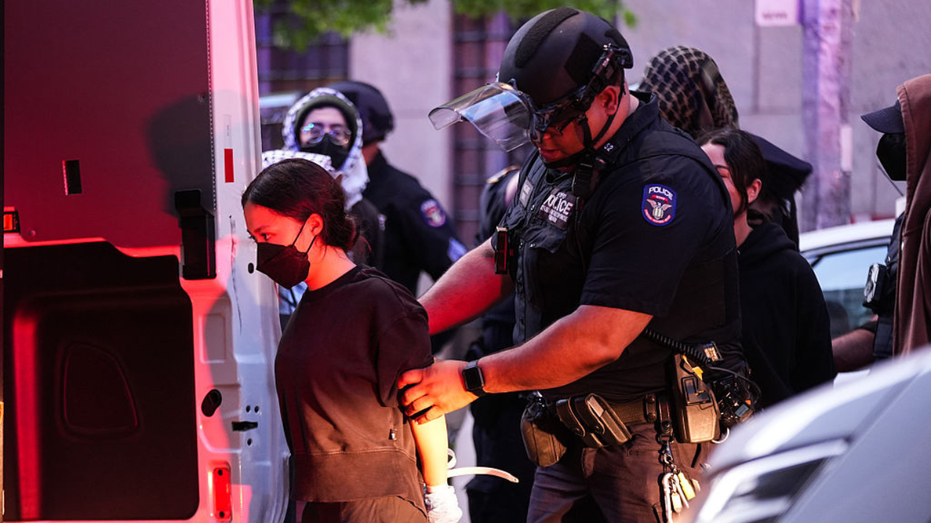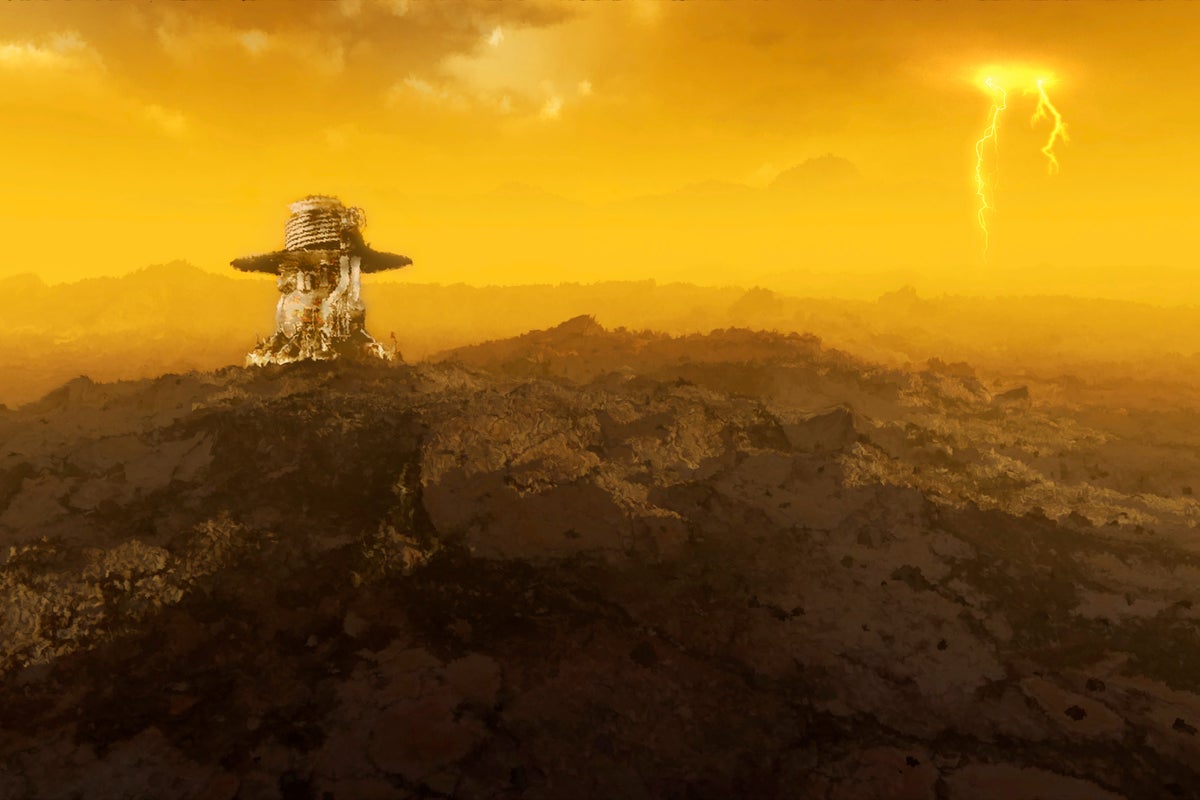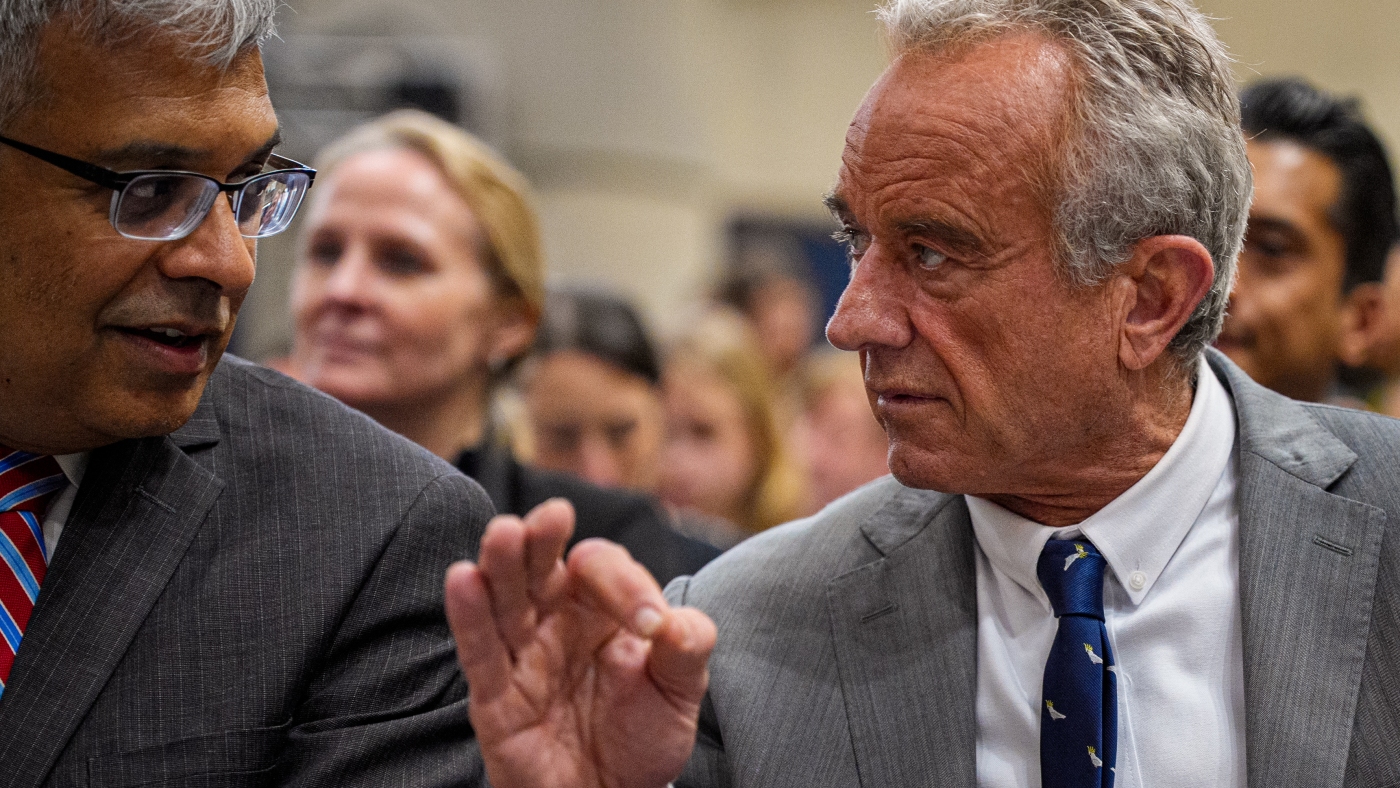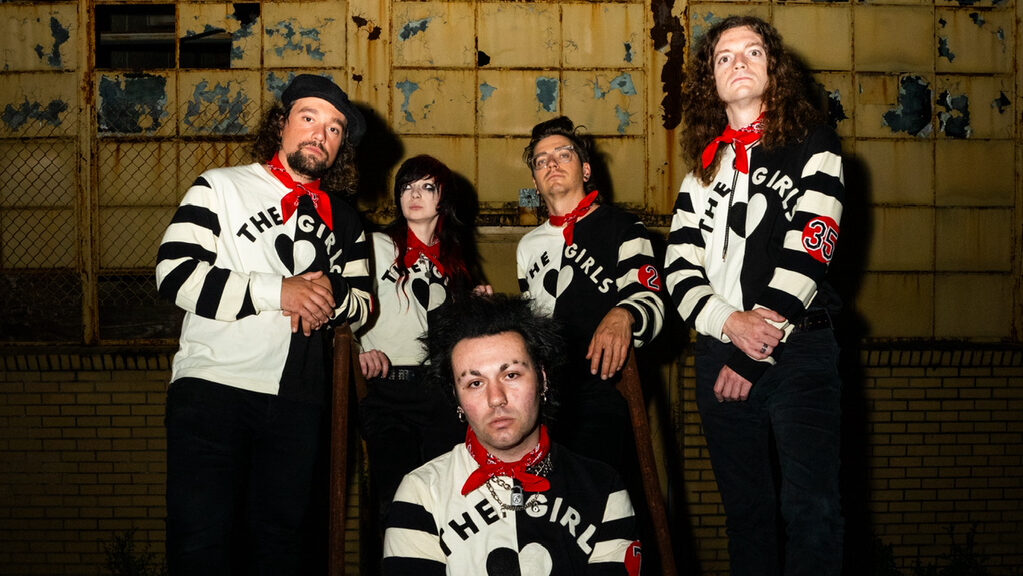Is Spying Un-American?
Espionage has always been with us, but its rapid growth over the past century may have undermined trust in government.

In 1973, William Colby, then the director of central intelligence, had a statue of the Revolutionary War spy Nathan Hale placed on the grounds of the CIA’s headquarters in Virginia. Hale struck many as an odd choice of icon; after all, he had been captured and executed by the British. One of Colby’s successors, William Casey, grumbled that Hale “fouled up the only mission he was ever given.” Casey left Hale alone, but compensated by commissioning what he considered a more appropriate statue in the lobby—a likeness of William Donovan, nicknamed “Wild Bill,” the man often credited as the father of the CIA.
Casey wasn’t wrong about Hale’s incompetence. Hale hadn’t bothered to use an alias, and he divulged his assignment to a British officer. Whether or not he actually uttered his famous last words about having only one life to give for his country, it appears that he was an idealist, if not an outright innocent. “He was simply too forthright and trusting to be a good spy,” concludes Jeffrey P. Rogg in his forthcoming book, The Spy and the State, one of two new histories of American intelligence. This is an interesting assessment because of what Rogg declares just a few pages earlier: that the business of intelligence “is inherently ‘un-American,’” a practice ill-suited to a “country that values honesty, transparency, and forthrightness.” A tantalizing inference can be drawn: If Hale had been a worse American, he might have been a better spy.
The question of whether espionage is compatible with American ideals is an old one. At the founding, the prevailing answer was no. Spying was an appurtenance of monarchy, and therefore incompatible with republican government. In 1797, James Monroe, recently recalled from his position as the minister to France, accused Secretary of State Timothy Pickering of using spies in a bitter letter: “The practice is of great antiquity, and is now in use in the despotic Governments of Europe,” he conceded, “but I hoped never to see it transplanted to this side of the Atlantic.”
One founding American who did not share his age’s discomfort with espionage was George Washington. Rogg casts him as the nation’s first great spymaster, and he is joined in this assessment by Mark M. Lowenthal, the author of Vigilance Is Not Enough. The mission that cost Hale his life was Washington’s idea, and he authorized at least three kidnapping plots during the war. As the commander of the Continental Army, he was a sophisticated consumer of intelligence, cultivating a wide range of sources. Lowenthal, a former high-ranking CIA official, approvingly quotes the postwar protest of a British officer: “Washington did not really outfight the British, he simply outspied us!”
[Read: How the CIA hoodwinked Hollywood]
Washington left his most significant intelligence legacy as the nation’s first president. At his prodding, the first Congress created the Contingency Fund for the Conduct of Foreign Affairs, a presidential bank account for paying spies. Congress controlled the amount that went into the fund but otherwise had no say in how it was used. This arrangement was arguably sound as a matter of both policy and constitutional law. Endless public debate is no way to authorize time-sensitive covert activities, and the most natural way to read the Constitution on the subject (which it says nothing about) is by analogy to the president’s powers as commander in chief and head of state.
But in establishing the Contingency Fund, Congress surrendered not just its right to control intelligence operations but any right to know about them altogether. The president was required to tell lawmakers how much he’d spent, but not where the money had gone. The abdication was considerable, and the potential for abuse was great.
The decision to involve the United States in espionage aroused little public opposition, both in Washington’s day and for decades to come. Americans still considered spying on adversaries unsavory, but their government simply wasn’t doing that much of it. In the 19th and early 20th centuries, it was largely an ad hoc business conducted by diplomats, military officers, and adventurers. The Army and Navy developed intelligence divisions after the Civil War, but these were marginal outfits that amassed little power or bureaucratic respect. Especially in peacetime, the United States had no permanent, centralized system for collecting intelligence. Accordingly, few Americans saw in the president’s covert powers a threat to law or liberty.
The pattern that defined this period—an uptick in spying during war, and then its ebbing in peacetime—poses a problem for Rogg and Lowenthal, whose accounts of the years between the Revolution and World War II are overstuffed with desultory detail. The reader who perseveres through hundreds of pages of bureaucratic infighting and military history in the hopes of fresh insight into later, more familiar chapters of American intelligence will be disappointed. There are suggestive episodes along the way—for instance, the Army’s use of waterboarding during a brutal campaign in the Philippines at the turn of the 20th century, or the 1798 passage of the Alien Enemies Act, which President Donald Trump has recently dusted off in cruel fashion—but the inescapable conclusion is that little of what came before the start of the Cold War informed what came after.
Growing out of Wild Bill Donovan’s wartime Office of Strategic Services, the CIA was established in 1947 as part of the National Security Act, the law that also birthed the Department of Defense, the National Security Council, and the Joint Chiefs of Staff. Under the act, the CIA’s primary responsibility was coordinating intelligence gathering across the government. But the statute also directed the agency “to perform such other functions and duties related to intelligence affecting the national security as the National Security Council may from time to time direct.” This was a fatefully broad legislative grant. The CIA’s first general counsel concluded that Congress did not mean by these words to authorize covert action—a view shared by Walter Bedell Smith, the agency’s second director, who worried that “the operational tail will wag the intelligence dog.”
[Read: How fake spies ruin real intelligence]
Yet for President Harry Truman, the need to counter Soviet aggression outweighed any niceties about legislative intent. In late 1947, he authorized the CIA to intervene in Italy’s parliamentary elections, where the Communist Party was poised for a strong performance. The agency spent heavily in support of candidates from the centrist Christian Democratic Party, which won a clear majority at the polls in April 1948. For Truman and his successors, it was proof of concept: Covert operations seemed to offer a relatively cheap way to confront the Soviets without risking a wider war. President Dwight Eisenhower expanded the CIA’s brief from influencing elections to toppling governments, leading to regime changes in Iran in 1953 and Guatemala in 1954. More chillingly, in 1960, he approved (whether expressly or tacitly is still disputed) the assassination of Patrice Lumumba, the charismatic leader of the Democratic Republic of the Congo. Although the plot fizzled out, Lumumba was soon killed in the aftermath of a CIA-backed coup, and the Kennedy administration followed Eisenhower’s example with its futile campaign against Fidel Castro.
Rogg and Lowenthal acknowledge that the CIA’s forays into regime change and assassination damaged the American government’s reputation abroad and its standing at home. Yet their evaluations of CIA excesses are oddly muted, as if botched attempts to murder foreign leaders were just another form of intelligence failure. In fact, the Cold War coups and assassinations were not merely missteps. They were abuses, with shattering consequences still being felt today. For history that treats these shady events with the appropriate degree of outrage, one must look to such recent works as Stuart Reid’s The Lumumba Plot and Hugh Wilford’s The CIA: An Imperial History.
In the mid-1970s, thanks to an inquisitive press and a newly assertive Congress, the public began to learn about the CIA’s more outlandish undertakings: not just coups and killings but also mind-control experiments (the notorious MKUltra program) and the surveillance of American citizens. One result was reform; the president, for instance, is now required by law to inform Congress before launching a covert operation. Another consequence was a growing culture of suspicion. Revelations of a seemingly lawless intelligence state awakened Americans’ long-standing wariness of spies, which, in the aftermath of Vietnam and Watergate, acquired a cynical, paranoid aspect, evident in films such as Three Days of the Condor that depict the agency as a sinister shadow government.
Another name for shadow government is “deep state.” At first blush, President Trump’s conspiratorial view of intelligence appears not so different from that held by many other Baby Boomers; witness his obsession with the assassination of John F. Kennedy. But in raising the specter of unchecked spy agencies, Trump doesn’t see a threat to the nation. He sees a threat to himself. He has been a relentless antagonist of the intelligence community since 2016, when it concluded that Russia meddled in that year’s presidential election to aid his campaign. Newly emboldened in his second term, Trump appears determined to bend the spy agencies to his will, filling his administration’s key intelligence jobs with the likes of Tulsi Gabbard and Kash Patel, unqualified outsiders chosen for their willingness to parrot his false claims of witch hunts and rigged elections.
[Read: Inside the fiasco at the National Security Council]
In saner times, under sounder leadership, changes to the intelligence community would perhaps be welcome. The CIA never fully regained the trust it lost in the 1970s; what progress it made was largely undone during the War on Terror, when its use of torture, rendition, and drone strikes of questionable legality—alongside the National Security Agency’s mass-surveillance program—again underscored the danger that an unaccountable intelligence apparatus poses to the nation’s constitutional order. These transgressions should have led Congress to consider fundamental reforms to America’s spy agencies, including a long-overdue mandate that they forgo covert action and focus on the essential work of foreign-intelligence gathering and analysis. But no overhaul is forthcoming, leaving the CIA and its peers vulnerable to Trump’s demagoguery, and Americans vulnerable to the whims of a surveillance state. Now, like much of the rest of the federal government, the intelligence community finds itself subject to thoughtless demolition. In April, the president fired the head of the NSA after the conspiracist Laura Loomer accused him of disloyalty; in early May, the administration announced plans to cut more than a thousand jobs at the CIA and other spy agencies. The timing could hardly be worse. As the United States enters a new era of great-power competition, it urgently needs information about its adversaries abroad. But for at least the next few years, America’s spy agencies will have their hands full with the rogue government at home.







































































